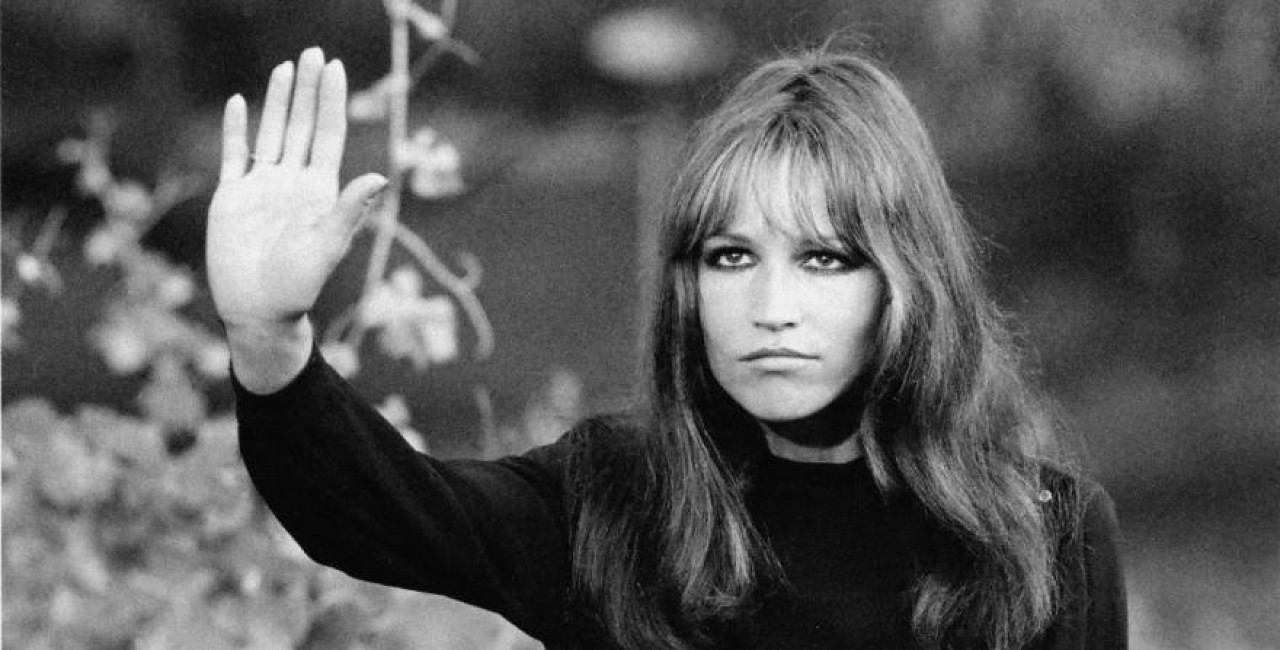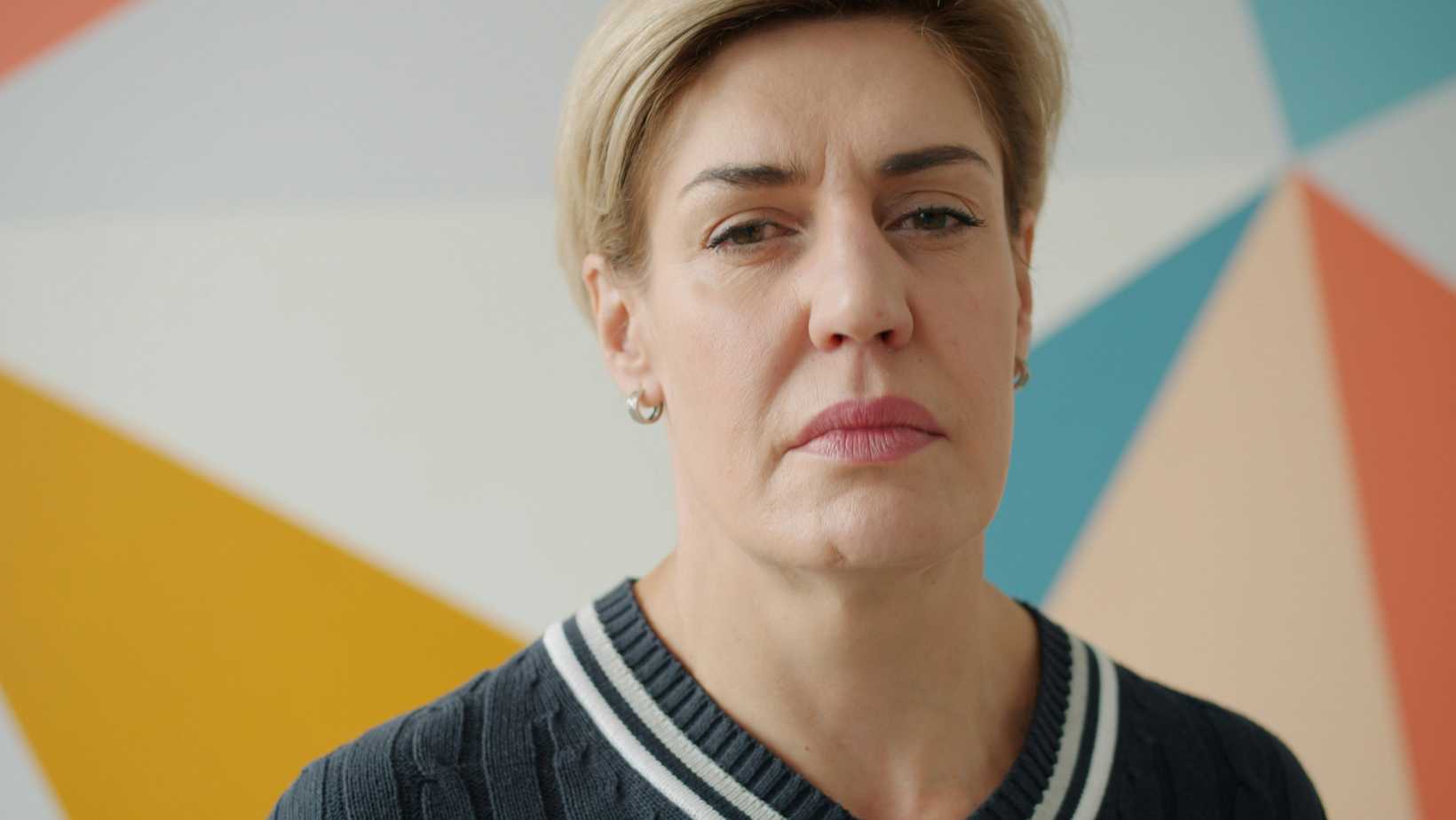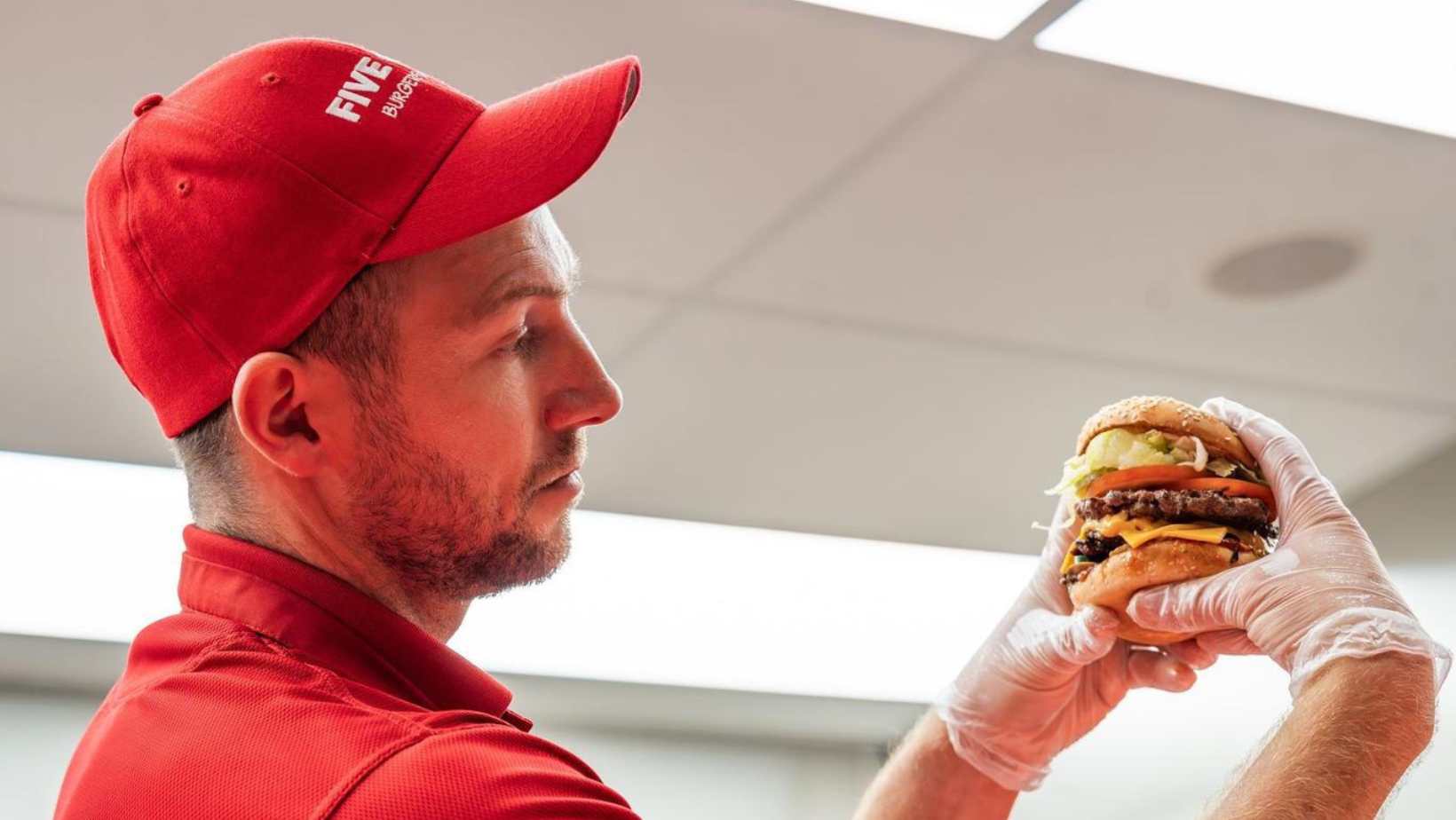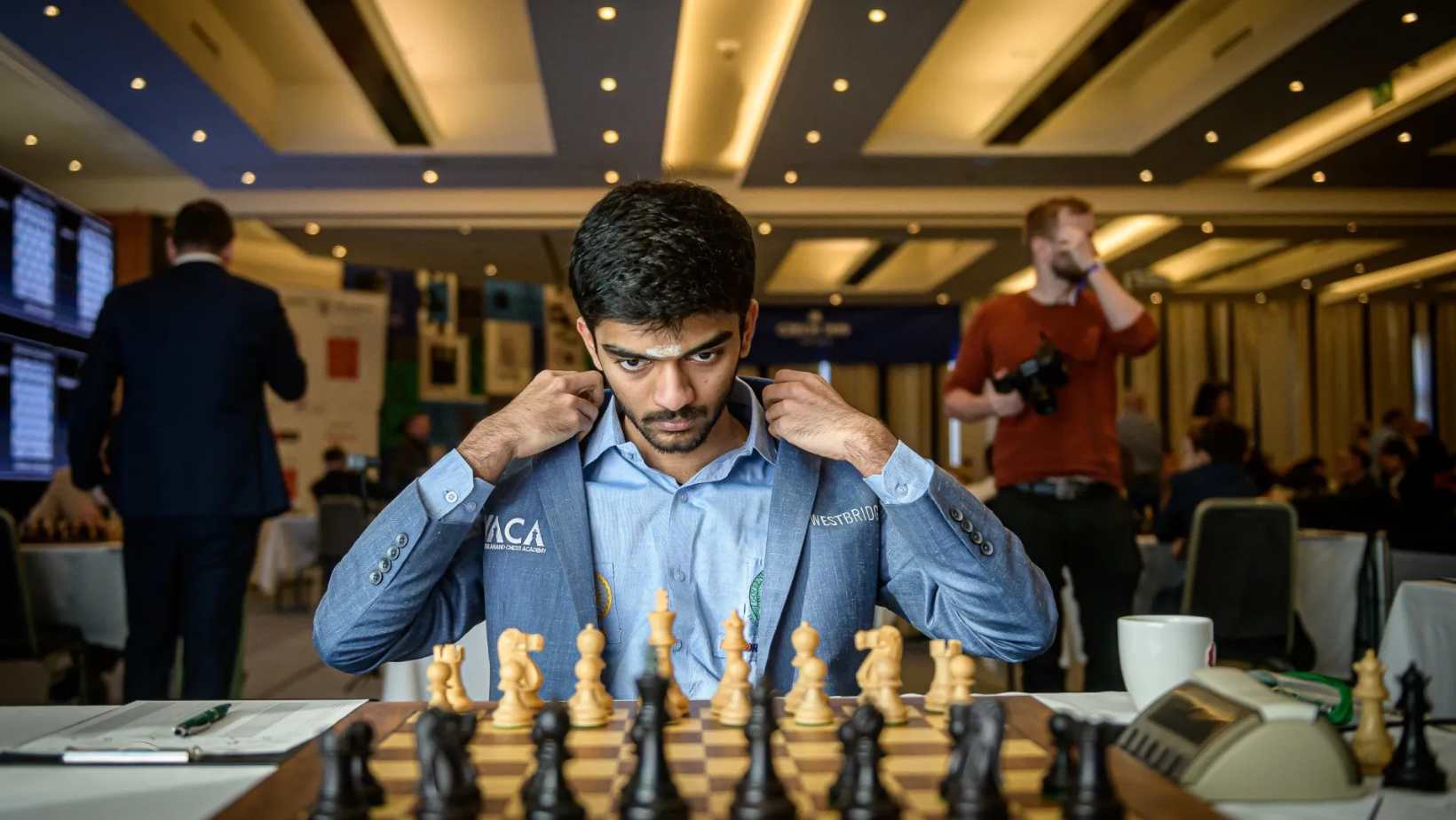Prague City Hall councillors have voted to make Czech singer Marta Kubišová an honorary citizen, the Czech News Agency reports.
Kubišová will receive the citizenship for her achievements in the realm of Czech culture, as well as for her personal bravery shown during the 1968 invasion of Czechoslovakia and during the subsequent normalisation era.
Youth
Marta Kubišová was born on November 1, 1942, in České Budějovice, during the height of WWII. She lived with her grandparents, mother, father, and brother.
As the communists strengthened their grip over the country, the family moved to Poděbrady. Her father was a cardiologist. He closed his practice in 1953 because he did not want to comply with the regime, leading to his imprisonment for 3-6 months.
Her mother was a housewife. Marta dreamed of studying at a university, but was told to find work in a factory because she would not be “approved” for higher education.
While working in a glassworks factory, she tried three times in vain to get into a university. Upon the third rejection, her boss told her to hand in her resignation. With no job prospects or schooling, she did not know where to turn. Her mother saw that a theater in Pardubice was looking for a singer/actress and encouraged her to audition.
Singer
Marta learned to sing listening to Radio Luxembourg with her brother and tried to play hits on the piano by such artists as Elvis Presley and The Beatles. She had a knack for phrasing lyrics in Czech and a unique, original, distinct color to her voice with the ability to convey emotions when she sang.
In 1961, Marta participated in her first talent show called The Search for Talent, reaching the finals. At her audition at the theater in Pardubice, she caught the eye of composer and future Supraphon producer Bohuslav Ondřáček. She went on to sing with the Alfa Theatre for one season before signing a contract with the prestigious Rokoko Theatre in Prague.
There, she performed with Czechoslovak superstar Waldemar Matuška as well as Helena Vondráčková and Václav Neckar, who later became part of her trio. At the Rokoko theatre, Marta, Helena and Václav performed in a new musical called Waiting for Fame, which brought them instant success.
Marta’s first solo album Songy a Balady was released in 1969, and re-released in 1989, along with a compilation of old songs titled Lampa. The album mixed pop with funk and included a Czech-language version of Hey Jude by the Beatles. Marta was one of the most popular female singers in the 1960s, winning the Golden Nightingale Award three times – 1966, 1968, and 1969.
Golden kid
During the Prague Spring of 1968, a period of political liberalization spread across the country with the election of Alexander Dubček. He established “communism with a human face,” loosening restrictions on media, speech and travel throughout the country. An air of freedom reverberated and rock and roll reinvigorated the nation.
In 1968, Marta was part of this pop boom, singing with the blonde bombshell Helena Vondráčková and singer Václav Neckář, who had a flair for comedy. The trio, known as The Golden Kids, propelled Marta’s career to an all-time high. The group recorded numerous singles and two albums Micro Magic Circus and Music Box No. 1 (Golden Kids 1).
Their repertoire included original compositions as well as covers of international hits with Czech lyrics. The group also toured the country. Marta even met Aretha Franklin when she was in Paris performing for a month at The Olympia during the height of Prague Spring. During this air of freedom, she also openly supported Alexander Dubček, the leader of Czechoslovakia at the time.
However, the golden days were not to last. The last performance of The Golden Kids took place on January 27, 1970, in Ostrava. The trio was scheduled to perform a series of concerts at the World Ski Championship in Slovakia. Shortly before their departure, allegations arose against Marta on trumped up charges alleged by the communists. This spiraled Marta’s career into darkness for the next 20 years.
During her time as a dissident, the communists banned her music from the airwaves, but Radio Free Europe’s Czechoslovak Service kept playing her music to viewers who managed to tune in. She also auditioned to sing vocals for the Plastic People of the Universe (PPU), a Czech underground rock group who were imprisoned for not conforming their sound to the regime.
The secret police prohibited her from collaborating with the rock group saying they would make her life extremely difficult. She also was a signatory of the human rights manifesto Charter 77, and its spokesperson for a year, which brought even greater scrutiny. The secret police even utilized the help of her second husband Jan Moravec, who monitored her for them.
Later, she helped lead the 1989 Velvet Revolution with her signature ballad A Prayer for Martha, singing from a balcony above Wenceslas Square on November 21, 1989. The revolution restored freedom and democracy to the nation and marked her return to the stage.
In regards to the thousands gathered to see her during the Velvet Revolution, she said in an interview with Prague Radio, “I didn’t cry, I was overcome by the sheer sight of the whole square jammed with people. I said to myself, no singer ever had a comeback like this! Foreign film crews told me people were in tears and when they asked what are you crying for, they said, it’s that woman…”
-
NEWSLETTER
Subscribe for our daily news










